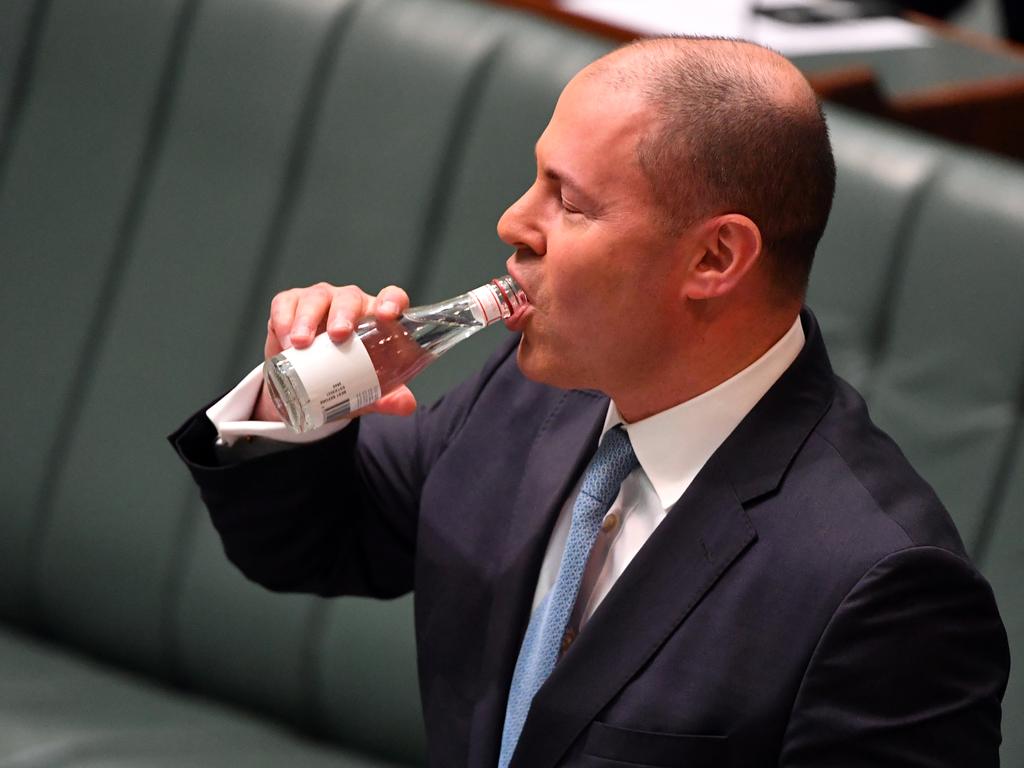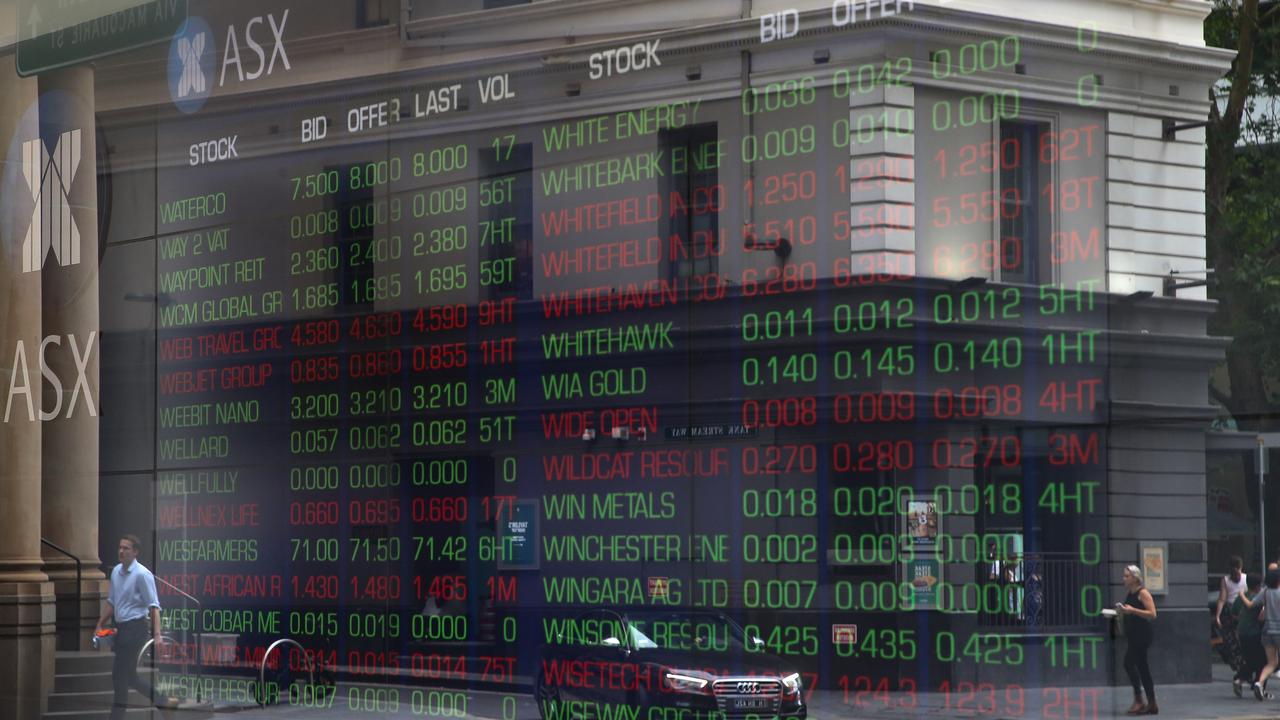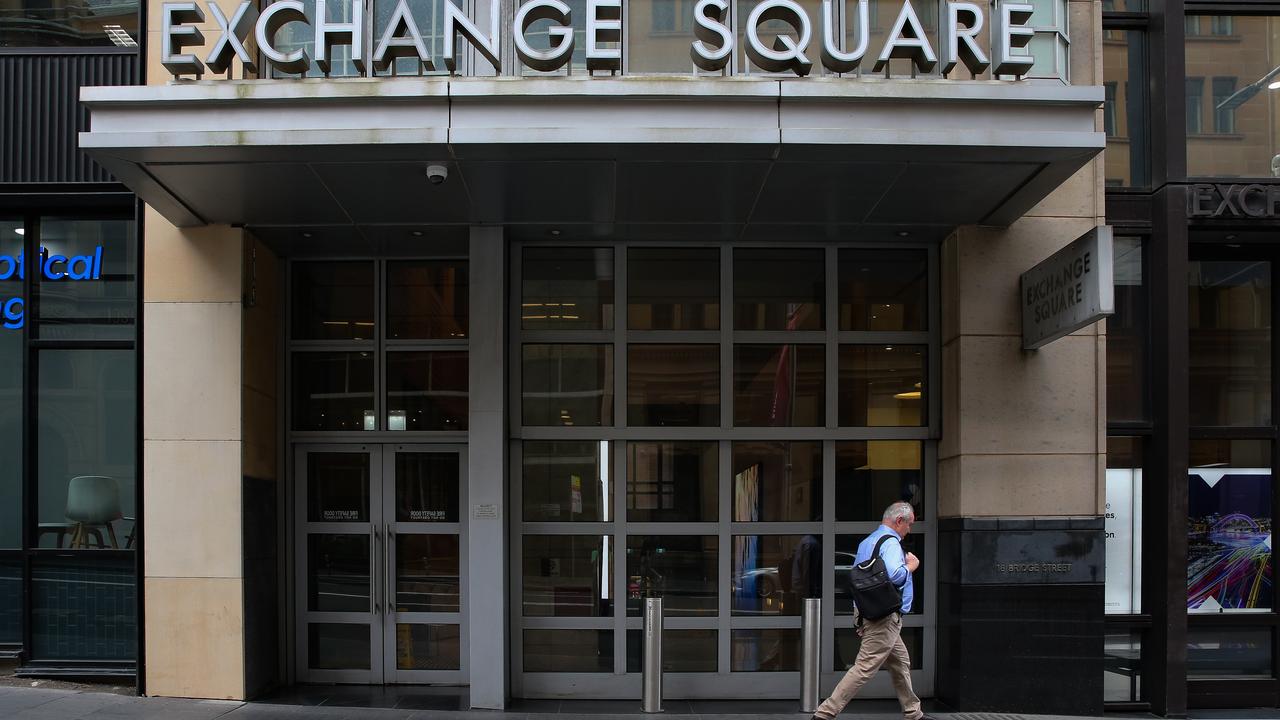Critical to nurture ties with China: Elders boss Mark Allison
Elders boss Mark Allison says trade with China would be a ‘critical anchor’ for economic recovery from the COVID-19 crisis.
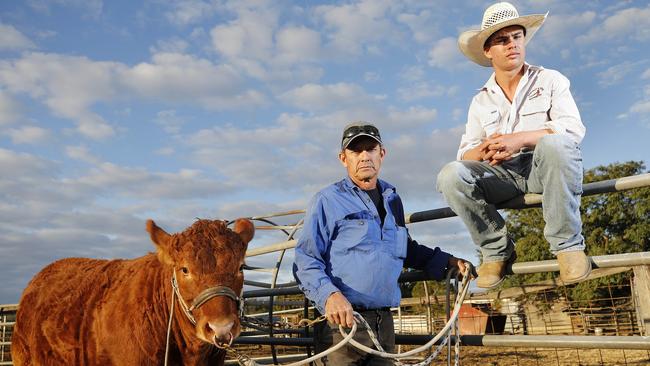
Australia needs to “nurture” its ties with China, the chief executive of ASX-listed beef and agribusiness play Elders, has warned.
In an interview with the Australian, Mark Allison said Australia’s trade with China would be a “critical anchor” for the recovery of the Australian economy from the COVID-19 crisis.
His comments come amid rising concern about Australia’s $250bn a year trading relationship with China as Chinese customs officials temporarily suspended the export licences of four Australian meat processing plants. Three plants are based in Queensland and one is in NSW.
The move comes just days after Chinese Ministry of Commerce threatened to slap an 80 per cent tariff on Australian barley exports.
The trade flashpoint is being felt across financial markets as the Australian dollar dived 0.9 per cent to a three-day low of US64.32c before recovering late in the session and the S&P/ASX 200 share index dipped 1.6 per cent to a two-day low of 5374 points after China slapped a ban on Australian beef imports accounting for about a third of Australia’s $3bn annual beef exports to that market.
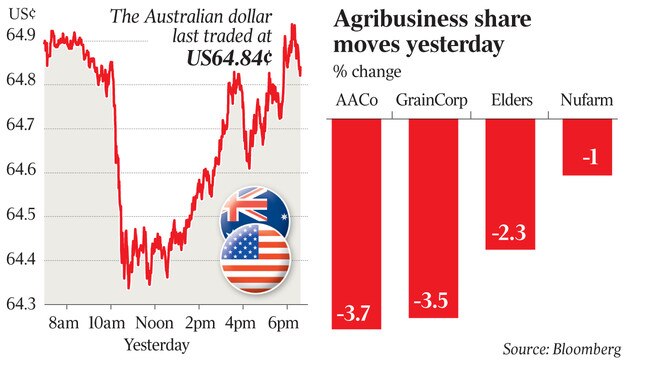
China’s Ministry of Foreign Affairs said on Tuesday night that that it had suspended beef imports from four meat processing plants in Australia — including two owned by Brazil’s JBS — to protect Chinese consumers. It said the beef producers had “violated” Chinese quarantine laws.
Mr Allison, whose company operates a cattle feedlot in NSW and a distribution business in China, said Australian agriculture had a “strong and positive” long-term trading partnership with China. But he said Australia “must support and nurture this relationship like our other trading partnerships”.
“Short term, this is critical,” he said. “This will be a critical anchor for the recovery of the Australian economy.”
He acknowledged Australia should “diversify and balance” its trade so it that it was not “overly reliant on one partner as we are with China.” But he said this was a medium-term challenge.
“Pragmatism was critical” in the current situation.
“We can have both a positive and strategic partnership with China. “It does not have to be a choice of one or the other.
Mr Allison’s comments come as executives involved in doing business with China are becoming increasingly concerned about the potential for a further deterioration of trade tensions as a result of Australia’s call for an inquiry into the origins of the COVID-19 pandemic. China’s ambassador to Australia, Cheng Jingye, has warned that Beijing sees Australia’s stance as part of an alliance with the Trump administration to blame it for the pandemic.
In an interview two weeks ago, he warned that the strong feelings in China about Australia’s stance could impact on sales of Australian beef, wine and other products including education to China.
The chief executive of NIB, Mark Fitzgibbon, which has a joint venture in China, said the government needed to be “careful” about the rhetoric it used with China.
He said NIB’s joint venture partner in China had been concerned by some of the comments being made by the government.
“The government has handled the whole (COVID) affair very well,” he said .
“But we need to be careful about the rhetoric with China.
“We have a joint venture with China and I know our joint venture partner was disturbed by some of the comments.”
“The Prime Minister is perfectly entitled to ask for an investigation into the whole COVID crisis.
“But I think we need to be sensitive in what we say.”
“The timing of his comments were not that great off the back of Donald Trump’s rantings.”
The beef industry, which exports more than $2bn a year to China, is now working with the federal government to discuss the “technical” issues raised by China’s customs over the meat from the four plants.
Patrick Hutchinson, chief executive of the Australian Meat Industry Council, said the Australian beef industry was working closely with the federal government to resolve the issues raised by Chinese customs officials.
The Australia meat industry saw similar action in 2017 when the export licences of six meat progressing plants were suspended from July to October.
The licences were reactivated following lengthy negotiations between the federal government and the Chinese government.
“While not desirable, we have dealt with issues of this nature before,” Mr Hutchinson said.
He said the council was “gathering more information” on the concerns of Chinese customs.
He said the export licences of the four plants had been suspended but had not been delisted b China.
“We go through these issues from time to time with China about labelling,” he said.
“At some times their tolerance just drop and, when they do they take action as they have many times in the past.”
“This is nothing really new.”
He said he was “not silly enough” to not have some concerns at the timing of the announcement, coming days after a warning from China’s Ministry of Commerce that it was considering tariffs of up to 80 per cent on Australian barley imports.
“But I can’t make a comment on that,” he added.
At the moment four different beef processing facilities are affected by the announcement.
The wine industry, which sells $1bn a year to China, the biggest single contributor to its $3 billion a year in global exports, is also watching the apparently escalating situation with some concern.
The chief executive of wine industry body, Australian Grape and Wine, Tony Battaglene, said the question of Chinese tariffs on Australian barley imports had been “on going for the past 18 months.”
“It is not new,” he said. “It is just coming to a new phase of it.”
But he said he would be concerned if the suspension of export licencses for the four beef plants was related to the barley tariff issue.
“I am concerned that if this related to it, if it is an escalation (of trade tensions with China), I wouldn’t like to see it happen to wine.”
Mr Battaglene said there was no indication of any problems with the Australian wine industry in China at the moment.
“Hopefully it is something that can be negotiated through,” he said.
A spokesman for AACo declined to comment, rather the company was expected to discuss the issue at the release of the company’s results next week.



